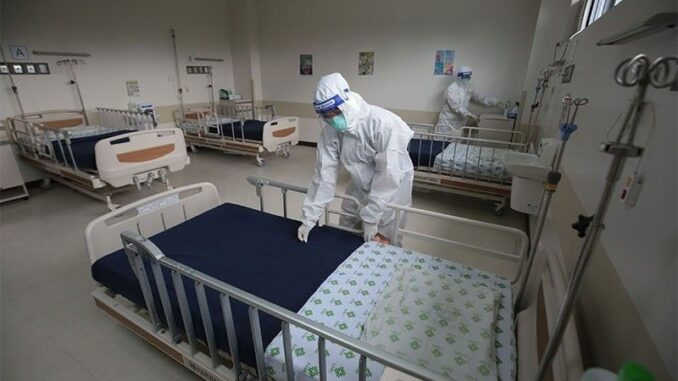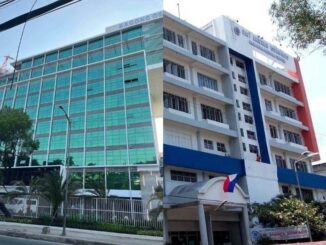
MANILA, Philippines — Filipinos may have to pay at least 18 percent more for hospitalization – possibly by the beginning of the second quarter of the year – largely due to rising costs of medical supplies, Private Hospitals Association of the Philippines Inc. (PHAPI) president Dr. Jose Rene de Grano said over the weekend.
In an interview, De Grano said the figure might even be higher in view of rising inflation.
“There is supposed to be an increase by 18 percent (for hospitalization costs), probably in the second quarter of the year. It may even be higher because of the effects of inflation,” De Grano said.
He said that with the rising costs of medical supplies, private hospitals would have no choice but to charge higher fees to keep operations stable and cover losses. “If these (items) will be increased from our source, then that will eventually result in an increase on our side since there is at least 10 to 20 percent markup on these items to cover for overhead expenses,” he said.
“If the government can only control the prices of these health care commodities, then there will probably be no increase or very minimal increase in health care costs,” he added.
He said adjustments in hospitalization costs would enable hospital management to raise the wages of hospital staff such as nurses, medical technologists, radiology technologists, respiratory technicians, cardiac technicians, pharmacists, among others.
“If we don’t implement an increase (in their salaries), there is a high chance of them leaving us, to transfer to other hospitals or go overseas. However, that (increase) will never stop them from doing so since there is also a limit on the amount that we can allocate for their salaries,” De Grano explained.
The PHAPI chief also pointed out that given the increase in benefits for patients as announced by the Philippine Health Insurance Corp. (PhilHealth), the burden of advancing the payments for services would be placed on private hospitals.
“We will see the effects of the increase in benefits. We will see after around two months if PhilHealth will be good on their job of paying us for the money we will be advancing in behalf of our members,” he said. “The increase in benefits also increases our risk of not being paid and having a higher ‘accounts receivable’ from them,” he pointed out.
Unlike small hospitals, De Grano said bigger hospitals can survive for probably two or three months without being reimbursed.
“The small hospitals will suffer much and I think there is a chance of them folding up or downsizing again,” he added.
According to PHAPI, PhilHealth still owes them around P4 billion in unpaid claims dating back to the pandemic years.
De Grano said private hospitals are not subsidized by the government so any increases in their operational cost would translate to an increase in hospitalization charges.
“Unlike in government facilities, whether they have more patients or no patients at all, they get the same budget and if their budget goes down, they can always request for supplemental budget. For us, we rely on the services we offer our patients and on reimbursements by PhilHealth, health maintenance organizations and insurance companies,” he said.





Be the first to comment